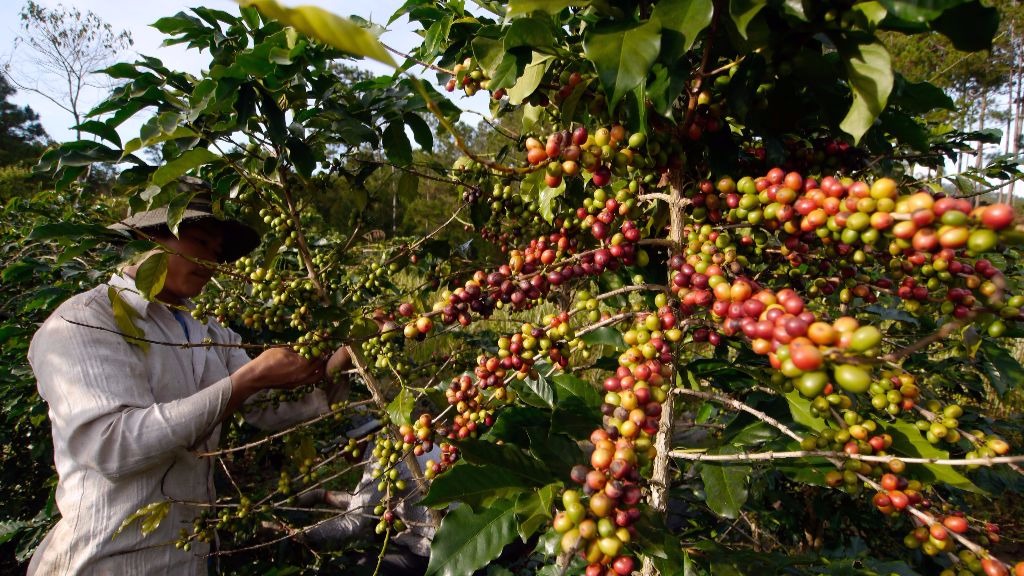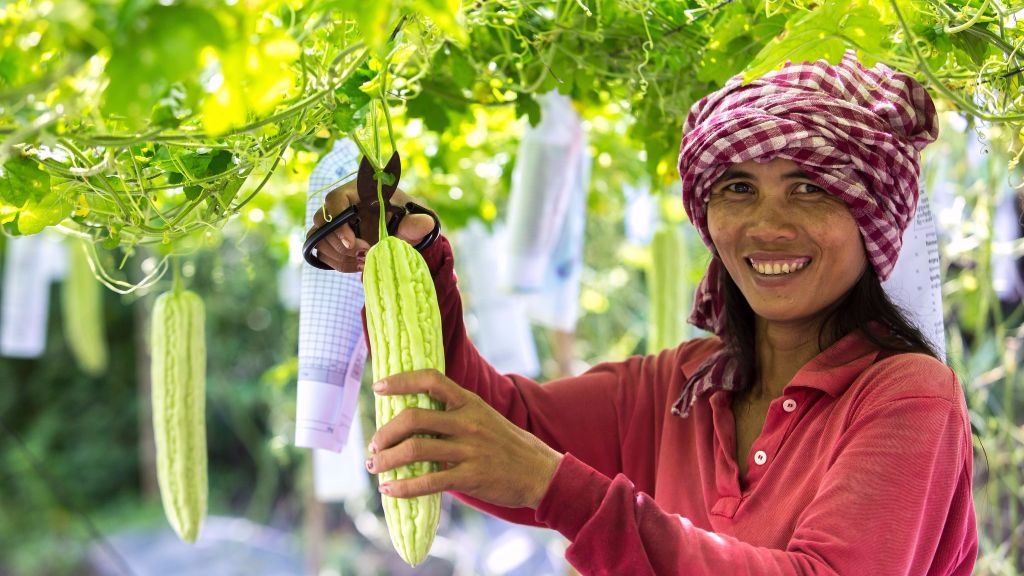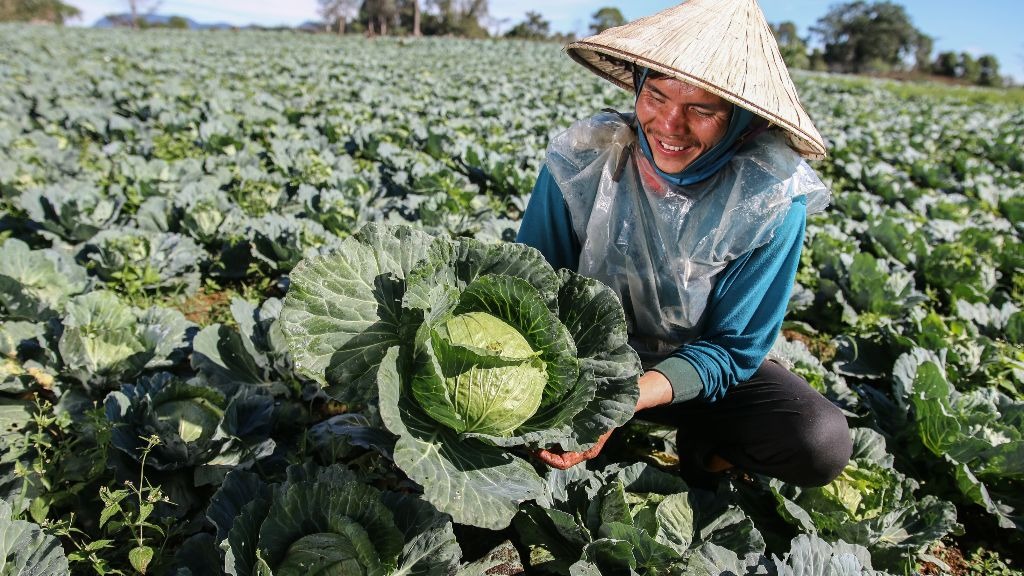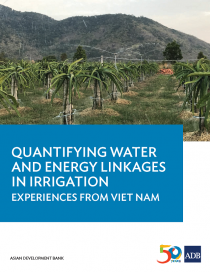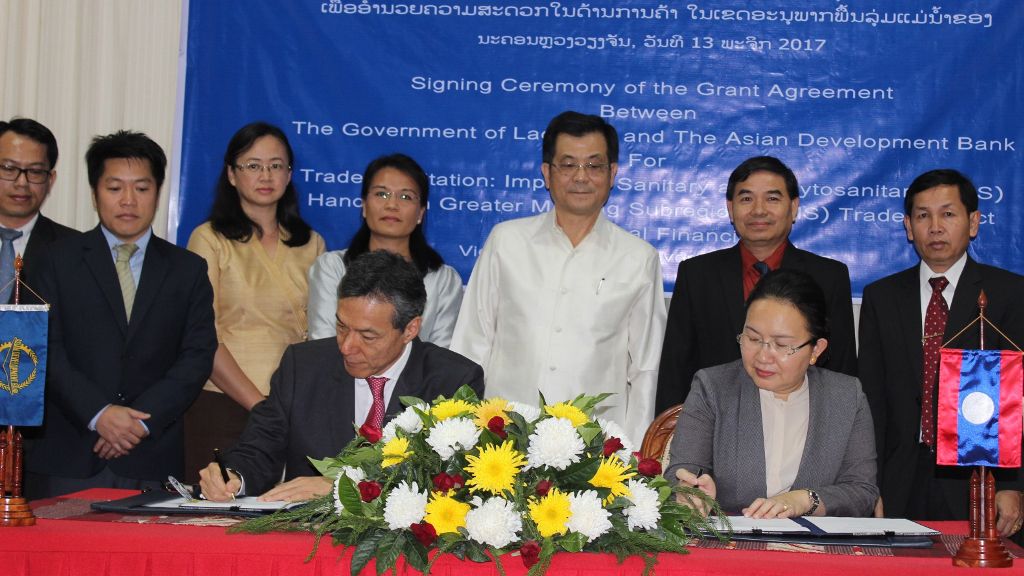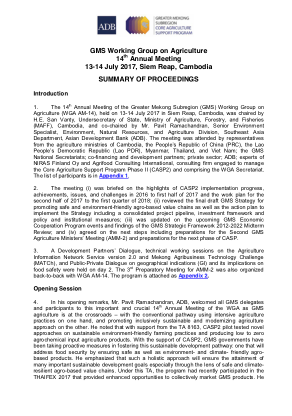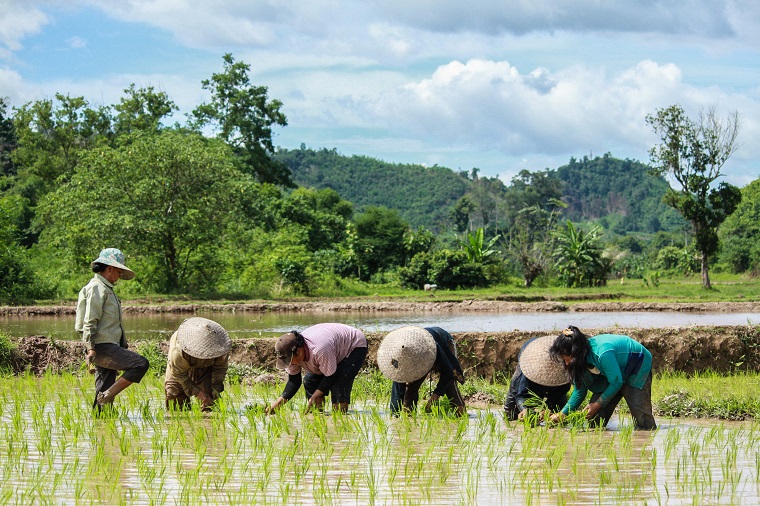ADB, JICA Support Expansion of Coffee Value Chain in Viet Nam
Singapore-based agribusiness group Olam International has secured $163 million in financing from the Asian Development Bank (ADB) and the Japan International Cooperation Agency (JICA), including $80 million in loans for its coffee subsidiary in Viet Nam.

